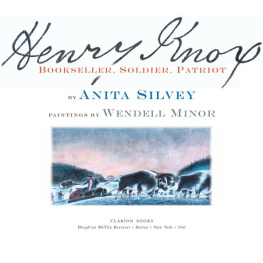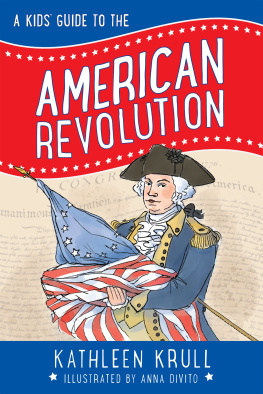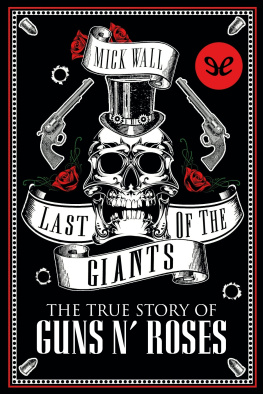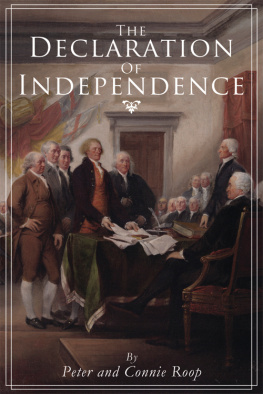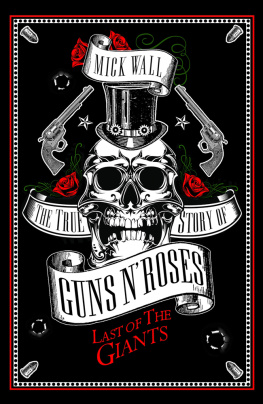Band of Giants
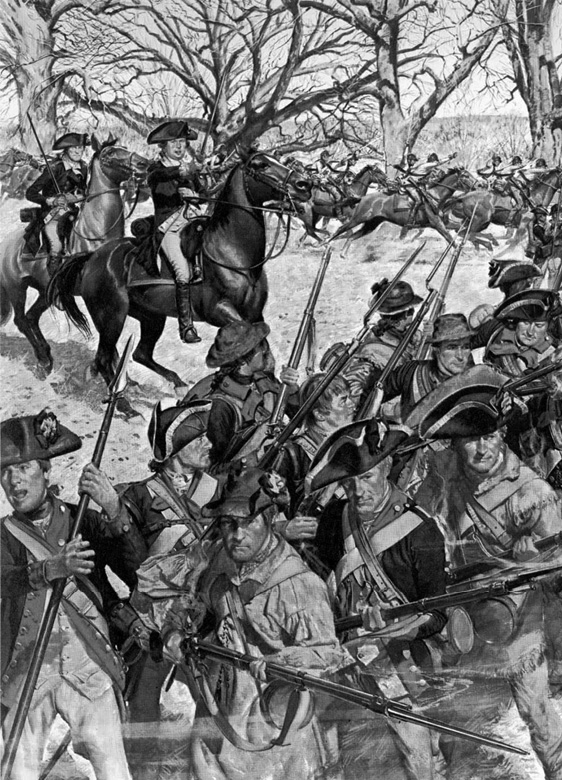
Band of Giants
The Amateur Soldiers Who Won Americas Independence
Jack Kelly

In Memory of
Edmund Kelly,
Continental Army 178283
and his descendant
William H. Kelly, my father,
United States Army 194145
... behold an inspired yeomanry, all sinew and soul.
Thomas Dawes, March 1781
Contents
One
Knowledge of the Military Art
1754
Silence. Rain spat cold on the napes of forty armed Virginians groping through a Night as dark as Pitch. They found the camp of their Indian ally Tanaghrisson and his braves. The two groups of men could smell each other: the rancid odor of the greased natives, the fetor of the unwashed white men. Tanaghrisson told their leader that the French raiding party was camped in a nearby hollow. He would take them there. Would show them.
They padded on through the soggy forest one after another, in the Indian Manner. The rain ceased, the mist brightened. A summer day was percolating into the Ohio Country, then a vast wilderness, now western Pennsylvania. On that breathless late-May morning in 1754, each man listened to his own anxious heartbeat.
Their commander, a twenty-one-year-old lieutenant colonel named George Washington, crept with Tanaghrisson to the edge of a low cliff and peered into the hollow where about thirty-five French soldiers and Canadian militiamen were waking. Washington listened to the murmur of foreign tongues, breathed the incense of smoky fires. The enemy had posted no sentries and had chosen a poor defensive position. Washington lacked formal military training, but he recognized that high ground and surprise afforded him a masterful advantage.
The Virginian had orders to enforce the sovereignty of His Britannic Majesty, King George II. In that endless western forest, Washington relied on the guidance of Tanaghrisson, known as the Half King. It was Tanaghrisson, a man in his fifties, who had alerted him to the danger, who waited silently beside him, watching.
At six foot three, Washington stood eight inches taller than the average man of his day. Gilbert Stuart, the portrait artist who would become most intimate with Washingtons face, would see in his features the strongest and most ungovernable passions. If let loose from his exacting will, Stuart speculated, those passions would make Washington the fiercest man among the savage tribes.
Born to a prosperous tidewater planter family, Washington had lost his father to fever when he was eleven. The death meant that George, unlike his older brothers, had missed the chance for a classical European education. Instead, he had learned the craft of surveying. Long trips to delineate claims on behalf of the powerful Fairfax family had hardened his already vigorous constitution and solidified valuable social connections. He had come to know the backcountry and had developed an eye for the lay of the land, a boon to a military mind.
Now, cotton-mouthed with excitement, the young officer directed his men with hand signals and whispers. The Indians circled to the downhill side, ready to block the Frenchmens escape. Washingtons lieutenant Adam Stephen shifted half of the Virginians into positions along the top of the fifteen-foot-high ridge. Washington led the others down the slope to the right. He was about to plunge into his first battle.
Each soldier became acutely aware of the heft of his loaded musket and of the vulnerability of his own precious flesh. Fear and excitement crowded the mens minds. A Frenchman, suddenly alert to the danger, grabbed his musket and fired. Washington rose to his full height. Fire! The crash of his mens volley shattered the quiet. Time galloped. The startled Frenchmen scrambled. Some fell. Some lifted their firelocks to shoot back. No man could reload quickly enough.
The milky gunpowder smoke smeared the air with a sulfurous haze and the taste of burnt metal. Washington stood exposed on the right, sword in hand, shouting orders to his men. An officer must post himself in the thickest of the fightingthroughout his military career, Washington would never shirk the danger of combat. He heard the thud of a bullet tear into the torso of the man beside him. A leaden musket ball three-quarters of an inch across could penetrate six inches of pine. Its effect on flesh from short range was murderous. The Virginian fell heavily to the ground, blood gushing.
The enemy were running, intent on escape. Faces painted with yellow, black, and red stripes suddenly leered through the leaves in front of them. The Frenchmen came sprinting back, throwing down their weapons, begging for mercy.
Washingtons initial taste of combat, lasting less than fifteen minutes, had ended in the savor of victory. Still sizzling with adrenaline, he would write to his eighteen-year-old brother Jack, I can with truth assure you, I heard Bulletts whistle and believe me there was something charming in the sound. What happened next was not charming, and Washington would write of it to no one.
As the Indians pushed forward, Washington ordered his men, giddy with the thrill of their first fight, to close ranks around the French prisoners. The frightened captives cringed at the Indian war whoops. Their ten wounded comrades sobbed as pain lit their flesh. In the confusion, Washingtons interpreter was conveying the words of a man who said he was Ensign Joseph Coulon de Villiers, sieur de Jumonville, the commander of this small battalion. The British officer, Jumonville insisted, had made a mistake. The French soldiers were not a war party, merely an escort. He was an envoy sent to deliver a message from His Most Christian Majesty Louis XV, le roi. He produced a document that established his authority and contained a proclamation.
His words clouded Washingtons mind. Violating the customs of diplomacy could stain a mans honor. Worse, his blunder could spark a war. Britain and France had managed six years of uneasy peace since the Treaty of Aix-la-Chapelle. This incident might threaten the delicate equilibrium.
One of Jumonvilles aides began to read the proclamation in French. The decree claimed the Ohio region for France based on the explorations of La Salle in the 1680s. Washington was chagrined by his own ignorance of French, the language of European culture and diplomacy. Tanaghrisson, an overseer of the interests of the Iroquois federation in the region, knew French well and keenly understood the situation. Discord between his British allies and the encroaching French was what he wanted, was why he had brought the Virginians to this glen. He approached Jumonville and said in French, You are not yet dead, my father.
Mon pre. He jerked his tomahawk high and brought it down on Jumonvilles skull. Another blow struck off the noblemans cranium. The Half King returned his bloody weapon to his belt and plunged his hand into the pulp of Jumonvilles head. He tore out the mans brain and mashed it between his palms.
A minute earlier, Washington had been concerned about diplomatic protocol. Now he faced responsibility for the murder of a royal envoy. Savagery was staring him in the face. Tanaghrissons braves leapt onto the wounded Frenchmen, slit their scalps, and peeled their hair away. They decapitated one of the enemy soldiers and raised his head on a pole. They danced, sang. Licks of blood splashed onto the green shoots of the springtime forest.
Red is a startling color in a world of greens and browns. Before marching, Washington had hoped to outfit himself and his company with scarlet uniforms. To Indians, Washington wrote, the color red is compared to Blood and is lookd upon as the distinguishing marks of Warriours and great Men. He added, It is the nature of Indians to be struck with, and taken by show.
Next page

